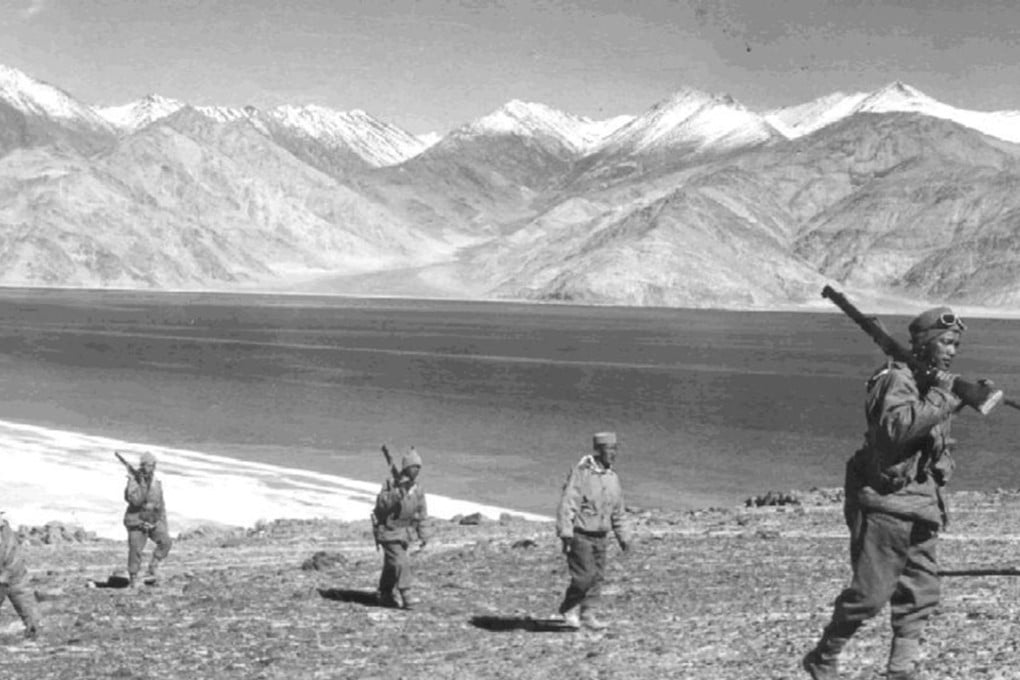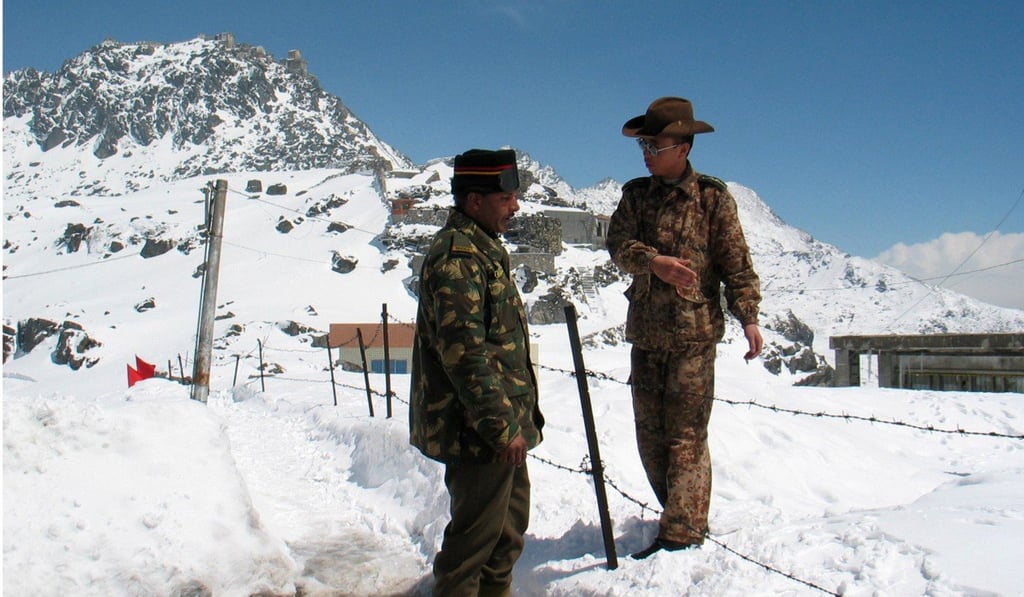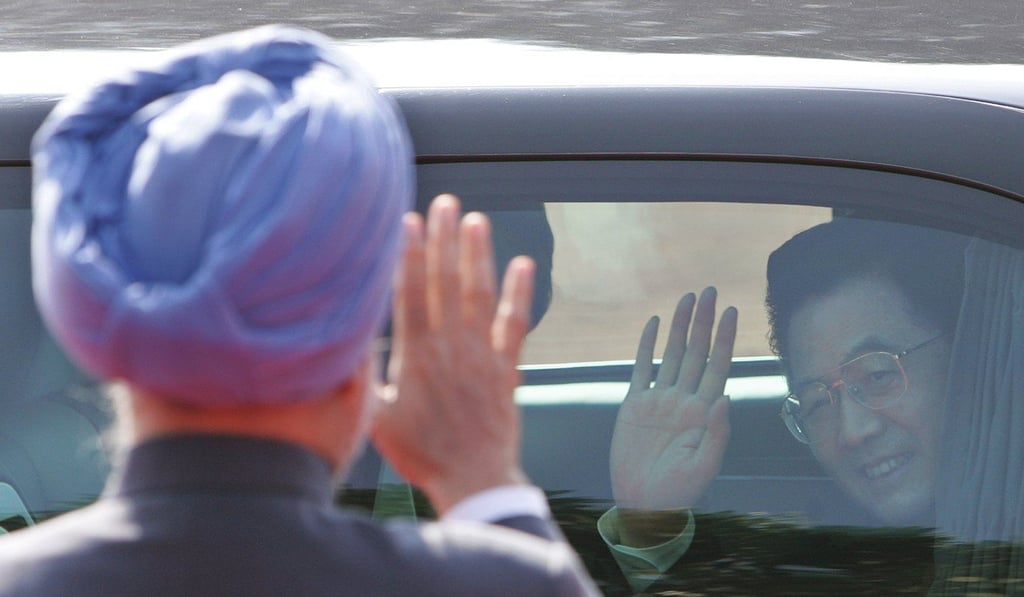Why is China so keen to alienate half a billion young Indians with no memories of the war?
Half of India’s population is under 26. Whatever the stakes on the remote Himalayan slopes, they are likely to carry an imprint of China as an adversary well into the rest of their lives. How does that help China?

Dispatch from Doklam: Indians dig in for the long haul in standoff with China
It is widely accepted that China was the victor of the brief border war of October 1962. While Beijing did achieve its political and military objectives – of teaching the Indian government of Jawaharlal Nehru a lesson – that was a strategic self-defeat for China. Why? Because it turned a country of young people (in 1962, half of India’s population was less than 19) into believing that China is the enemy.
China calls border row with India ‘the worst in 30 years’ as both sides dig in heels
Border standoff with India be damned, Chinese love for this Bollywood film just keeps growing

In the 1950s, Nehru championed the People’s Republic of China’s cause at the United Nations, saying “it would be very unfair for a great country like China not to be in the Security Council”. Despite the differences of political systems and the poisoned colonial legacy of an unresolved border, there was genuine interest in India for amity, if not friendship, with China.
China firms power rising Indian empire
Cut to 1998. Before and after the nuclear tests in May that year, George Fernandes, India’s defence minister, declared “in my perception of national security, China is enemy No 1.…and any person who is concerned about India’s security must agree with that fact”. Though officially disavowed, Fernandes was giving voice to the prevailing view in New Delhi’s strategic establishment, and indeed among the Indian people. The single biggest reason for this change of opinion was 1962. Indians who spent their formative years during in the early 1960s were in positions of influence by the 1990s. Hardly a surprise then that they harboured deep suspicion of Beijing.
Making a mark
Since then, for a while it seemed the greater economic openness, trade and travel between the people of the two countries in the 1990s and the early 2000s would subdue Indian perceptions of China as an adversary as people came to see China’s growth as an opportunity. With India’s “Look East” policy, China’s “Peaceful Rise” concept and a statesmanlike decision by top leaders on both sides to put the border dispute on the back-burner, a new generation was emerging that was looking to the future. It appeared that negative perceptions of China were declining. In any case, once both sides acquired nuclear weapons, the prospect of a large-scale war became less likely.
This is India’s China war, Round Two
China’s hardening position on the boundary dispute since 2006 and occasional incidents along the Himalayan frontiers did elevate public concern, amplified by social media outrage and hyperventilating guests on television shows. However, calm and mature messaging by both New Delhi and Beijing ensured that public opinion remained within the bounds necessary for good bilateral relations. A 2016 survey by Pew Research found that 36 per cent of the Indian respondents had an unfavourable view of China, slightly higher than the 31 per cent who had a favourable view.

Unfortunately, in the past few weeks, official statements from the Chinese government and commentary appearing in official media are taking us close to another 1962 – even if no shots are fired over the Doklam region. Contrary to what Beijing might think, threats of war and reminders of 1962 strengthen India’s national resolve to stay firm. The more strident the rhetoric from Beijing , the stronger is the public opinion in India to confront China.
China will protect border with India ‘at all costs’
Half of India’s population is under 26. Almost 70 per cent of the Indians surveyed in the above-mentioned poll were already “quite concerned” about China’s growing military power and its territorial disputes with India. Whatever the stakes on the remote Himalayan slopes, they are likely to carry an imprint of China as an adversary and an enemy well into the rest of their lives. Is it really in China’s interests to alienate half a billion people across its borders for the next several decades? Will it be easier or more difficult to achieve President Xi Jinping’s “China Dream” under these conditions? How does it help China if India is pushed into a tighter embrace of the United States?